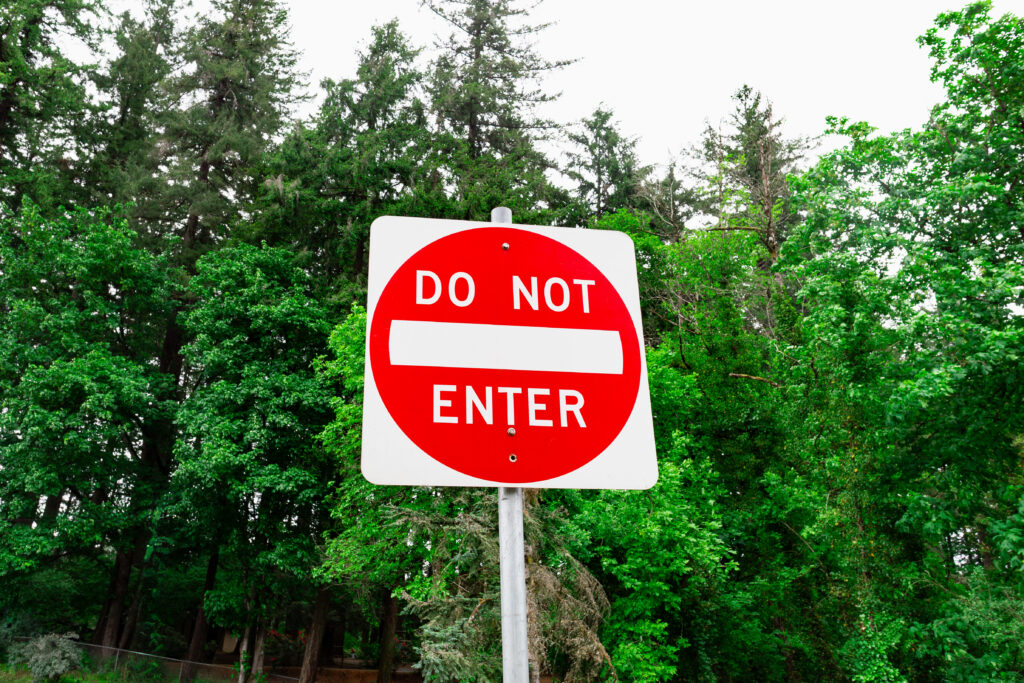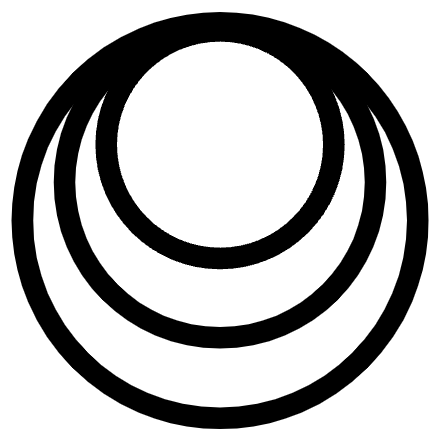There is one philosophy I find reviled wherever I encounter it: solipsism. The basic argument for solipsism is that, because the mind can not conclude the existence of anything external, therefore nothing external exists, only the appearance of it. Whenever I encounter it discussed by “experts”, it is ridiculed and I the reader am warned away from taking it seriously.

How does Iamism relate to solipsism? It would require more effort than I am willing to put into this incantation to account for all the similarities and differences. Solipsism as a subject has countless variations and explanations, so I’ll just stick to the most important elements.
Is Iamism a form of solipsism? Iamism shares many qualities with solipsism. However there are some critical differences. The most is important is that I manifested solipsism in Thirdself, whereas I manifested Iamism directly in Secondself. Ultimately, I have created both of them, but Iamism is free of the Thirdself debris I find attached to solipsism.
I am not alone in the universe; I am the universe. I can clearly see that what I call “the universe” is a changing sack of forms connected to me. They are the observed, I am the observer. They are the experienced, I am the experiencer. They are the felt, I am the feeler. It is me who validates their presence and existence. Without me, there is no existence. So I am not alone in a larger universe free of others; I have created the universe for myself.
I withdraw from all determinations I cannot make with absolute certainty. Solipsism has a probing quality to it. It seeks to determine whether there are other minds, for example, and what they might be thinking. Or if we can even know them. Iamism stops at my experience and rather than probe for deeper insights built on uncertainties, I aim to simplify and distill my expression down to what is, eliminating what might be.
I take as the most potent my present moment. All of the philosophies I can read in Thirdself take the entire expanse of history and the universe as their domain, and try to fit them into a perspective. In Iamism, I know that my present moment is the full extent of all that exists, and all the rest is imaginary. I know that I create changing, perceivable spaces with my bodily movement, and I create changing, conceivable ideas with my mental movement. There is only me, here, now, and everything else is part of the condition I experience when I awaken.
Solipsism does not have a goal. There is no apparent goal in solipsism other than to arrive at some vague notion of the “truth”. In all Thirdself domains simply “knowing the truth” is supposed to be incentive enough to believe a certain way. What do I get by knowing this truth? By knowing that I am the only mind here? That I am alone in this universe? What does that mean, exactly? Okay, solipsism; now what? There is nothing. It is an intellectual exercise I am supposed to employ when I am debating with my college friends. It doesn’t lead me anywhere beyond that. Iamism is practical and goal-oriented. I know that I am ill because I experience discomfort when I awaken into this state and I don’t want to be here. I can clearly see that I believe many things that are simply not true, and I can see how these impact my behavior and prolong this unpleasant experience.
One of the main criticisms of solipsism is that it is not very practical or useful. I agree that solipsism does not seem very useful to me. It is something I might use when I need a perspective to win or end debates with friends. It crystallizes some important features of my awakening, but does not do anything practical with them. Sure, I am alone here. But now what? What do I do with this information? Solipsism glosses over my core condition of discomfort and pain for intellectual exercises.
Why would I take it upon myself to create all this pain and suffering? This is a good question, but I must look at what this question does to me: it introduces uncertainty. “Why” demands an answer, and if I cannot provide it, it suggests that I may not know something. The more important question is this: Am I in pain and suffering? Yes, I am. Of that I am 100% certain. Do I want to continue to be in pain and suffering? No, I do not. Of that I am also 100% certain. I am in pain, and I do not want to be. Where does my pain come from? It begins when I awaken, and ends when I asleepen. I am also certain of that. With these three certainties I can clearly see my goal: overcome my awakening condition. Every other question is irrelevant unless it helps me achieve my goal of ending my pain.
Solipsism opens the right door, but leads me into a large room full of useless questions and assumptions. I can waste a lot of my energy in this room and end up nowhere particularly useful. Iamism is a more mature solipsism that is focused on practically solving the problem at hand.
…
